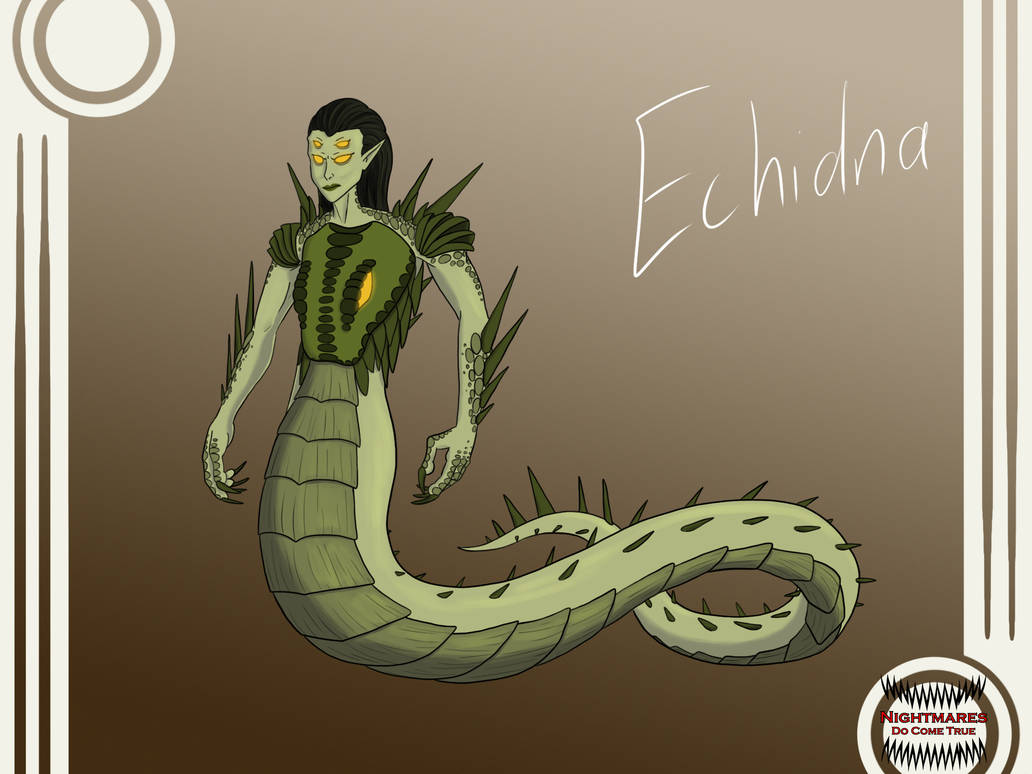
Greek Mythology Echidna by on DeviantArt
Echidna, which loosely translates from the ancient Greek to "she-viper," is most commonly understood in Greek mythology to herself be a monster whose ancestry makes her half-human and half-serpent.

Echidna by Sarapsys on deviantART Criaturas mitológicas, Criaturas míticas, Monstros gregos
In Greek mythology, Echidna belonged to a class of monsters called Drakons, which translates to Dragon. Echidna was a female dragon or dracaena. The ancient Greeks imagined dragons that looked slightly different from modern interpretations, with the ancient dragons in Greek myths resembling giant serpents. Echidna possessed the upper half of a woman and the

EKHIDNA (or Echidna) was a monstrous shedragon (drakaina) with the head and breasts of a woman
Who were Zeus' Lovers? How was the World created? What is the Trojan Horse? Echidna challenges Zeus One of the most significant episodes involving Echidna in Greek mythology was her and Typhon's attack on the Olympians. This battle against the gods showcased their immense power and threat.
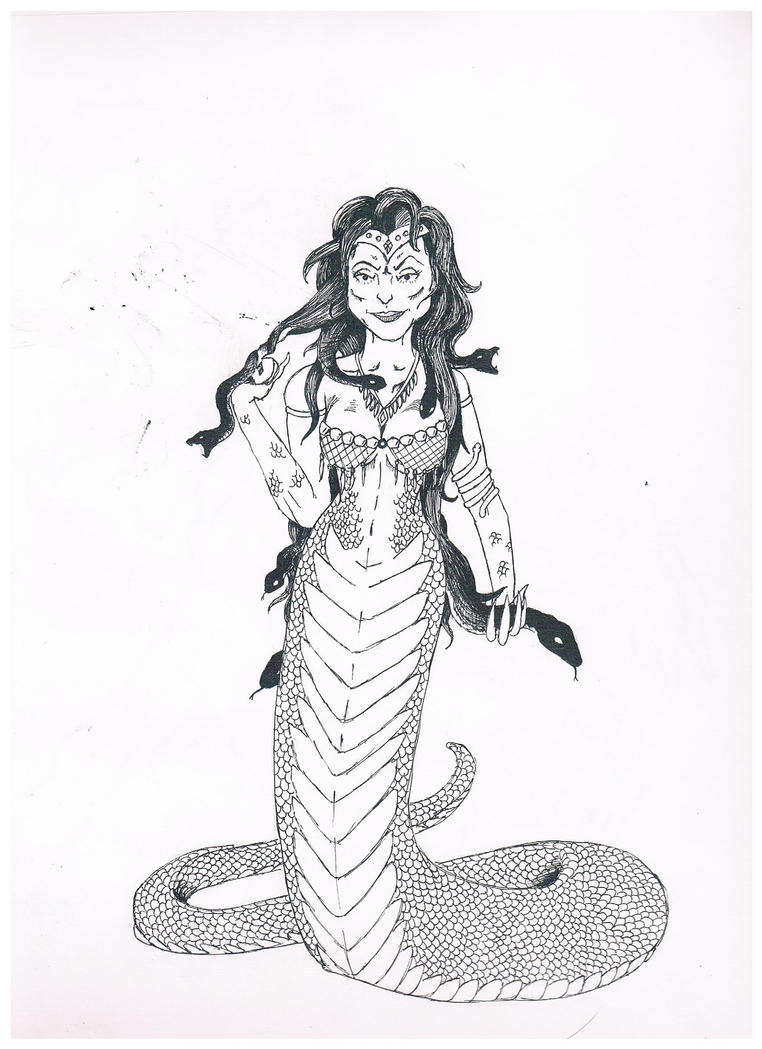
Echidna Picture, Echidna Image
Who is Echidna in Greek mythology? Echidna is referred to as the Mother of all Monsters in Greek mythology, and she literally is the mother of the Chimera, an infamous Greek beast..
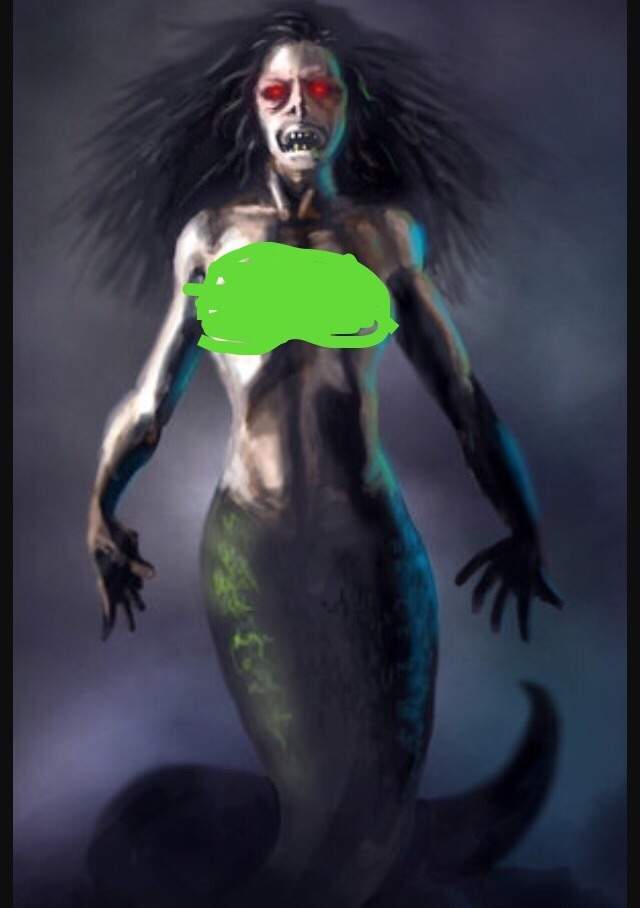
E is for Echidna Mythology & Cultures Amino
Etymology. Echidnas are possibly named after Echidna, a creature from Greek mythology who was half-woman, half-snake, as the animal was perceived to have qualities of both mammals and reptiles. [citation needed] An alternative explanation is a confusion with Ancient Greek: ἐχῖνος, romanized: ekhînos, lit. 'hedgehog, sea urchin'. Physical characteristics

Mythology Mondays Echidna A Wandering Eyre
Echidna was a female serpent-monster of Greek mythology, the daughter of the sea gods Phorcys and Ceto. She was usually represented with the head and torso of a woman and the tail of a serpent.
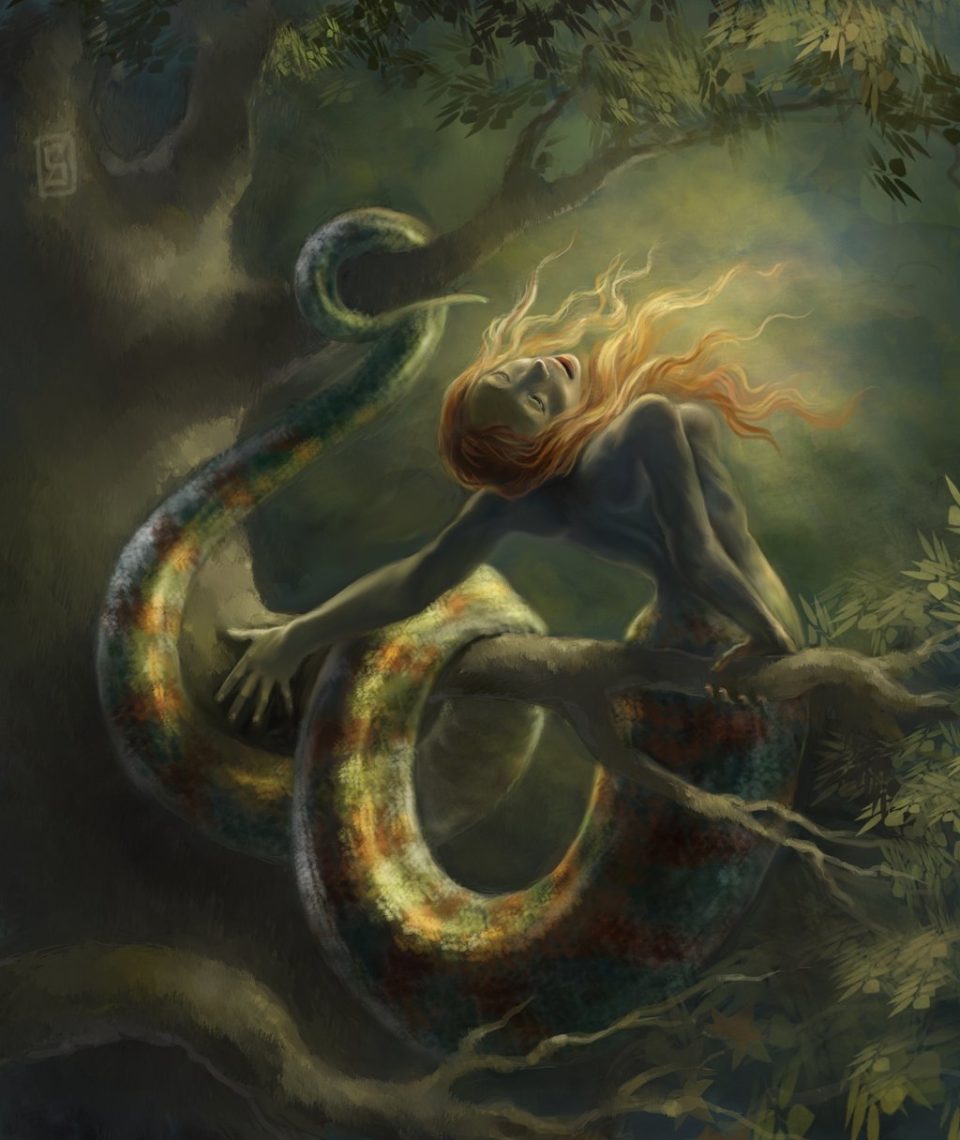
Echidna and Echidna in Encyclopaedia of Mythology of IndoEuropean People
Echidna is a fearsome half-woman, half-serpent creature known as the "Mother of All Monsters" in Greek mythology. It's said that this monster could produce life-ending and madness-inducing venom. In Greek mythology, Echidna was a unique and fearsome creature with a fascinating origin story.
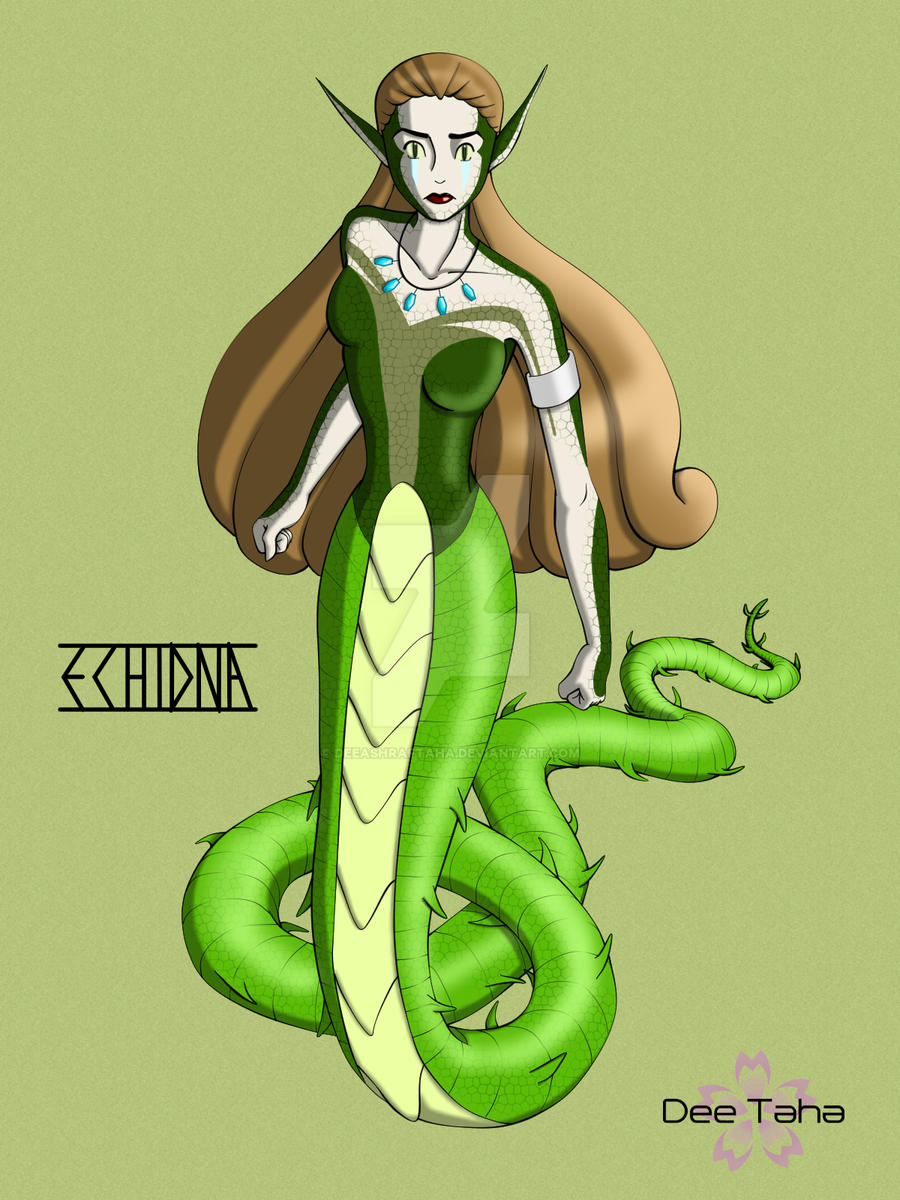
Echidna Greek Mythology by DeeAshrafTaha on DeviantArt
Echidna (mythology) - Wikipedia Echidna (mythology) Echidna. Sculpture by Pirro Ligorio 1555, Parco dei Mostri (Monster Park), Lazio, Italy [1] In Greek mythology, Echidna ( / ɪˈkɪdnə /; Greek: Ἔχιδνα, translit. Ékhidna, lit. "she-viper", pronounced [ékʰidna]) [2] was a monster, half-woman and half-snake, who lived alone in a cave.

Pin on The D’Aulaires
Greek Legends and Myths MONSTROUS ECHIDNA IN GREEK MYTHOLOGY The monsters of Greek mythology are some of the most famous characters to appear in the tales of Ancient Greece, and today the likes of Cerberus remain famous. These monsters offered worthy opponents for gods and heroes to overcome.
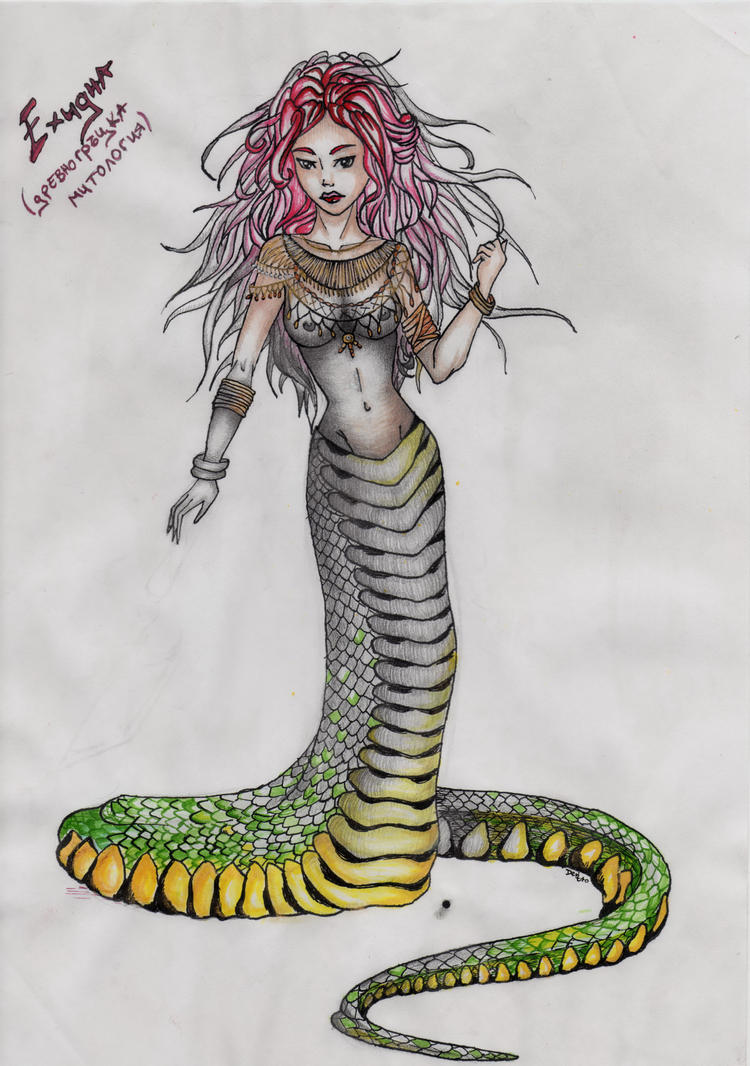
Echidna Picture, Echidna Image
Echidna was a monster in Greek mythology that was half-woman and half-snake and resided alone in a cave. She was the wife of the terrifying creature Typhon and the mother of several of the most renowned monsters in Greek mythology. Echidna's Origins Because she is mostly absent from ancient texts, Echidna's origin story is rather murky.

Echidna Artwork by Guillem H. Pongiluppi Mythical creatures, Echidna mythology, Echidna
In Greek mythology, Echidna was a monster who was part woman (on top) and part serpent. According to the ancient Greek poet Hesiod, her parents were the sea gods Phorcys and Ceto. In a myth told by Apollodorus, however, her parents were Tartarus (the personification of the underworld) and Gaea (Earth).
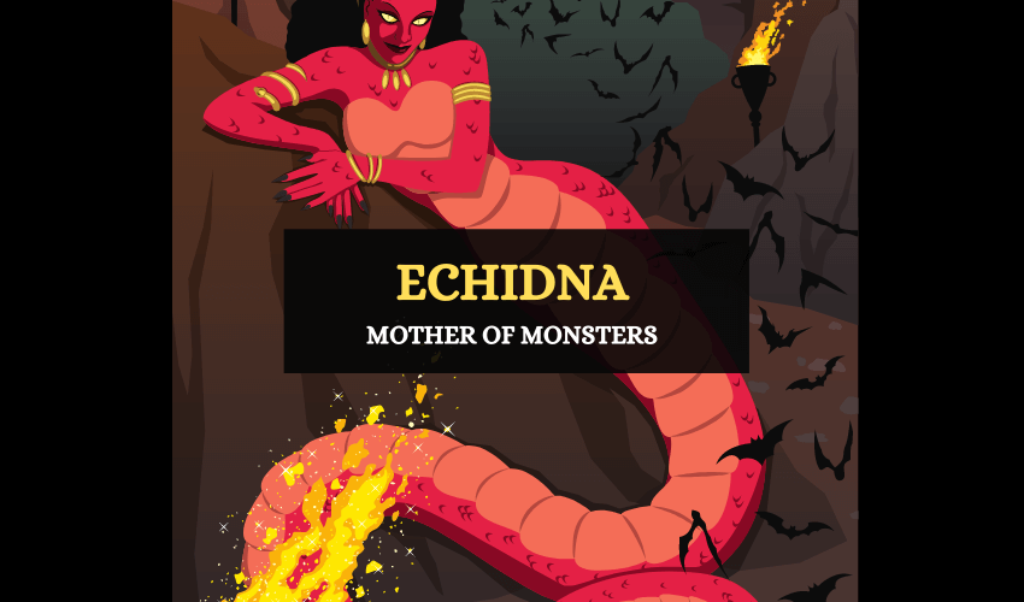
Echidna Mother of Monsters in Greek Mythology
Echidna, (Greek: "Snake") monster of Greek mythology, half woman, half serpent. Her parents were either the sea deities Phorcys and Ceto (according to Hesiod's Theogony) or Tartarus and Gaia (in the account of the mythographer Apollodorus); in Hesiod, Tartarus and Gaia are the parents of Echidna's husband, Typhon.

Echidna is a halfwomanhalfmonsters who mothered the monsters in the mythology. Mythology
Typhon and Echidna's Family Tree. There are multiple origin stories for Typhon, but they are all variations on a theme: women being mad at Zeus. Typhon was usually created as a weapon against Zeus, but who actually birthed him changes from myth to myth. Typhon is most commonly depicted as the youngest son of Gaia.
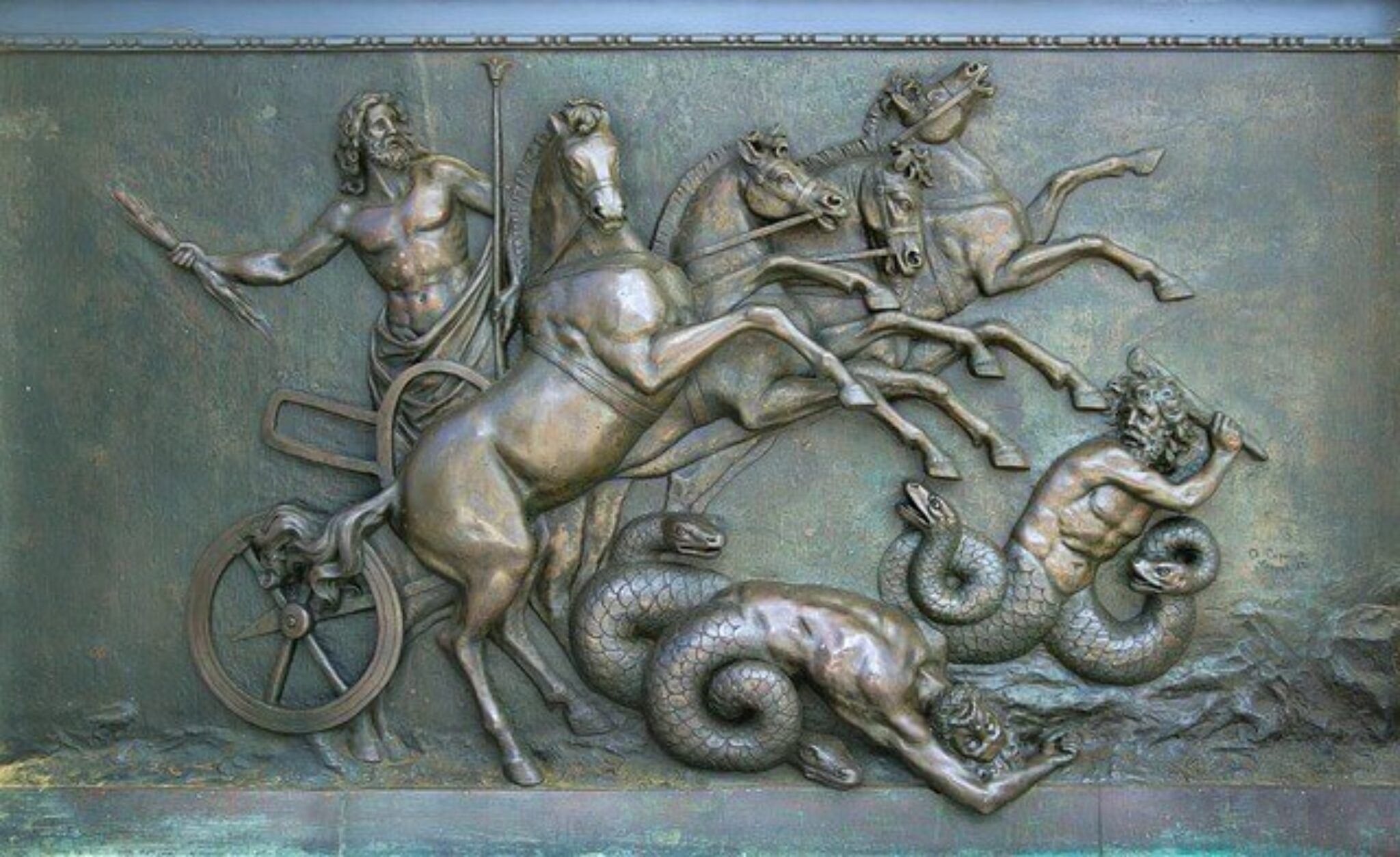
Echidna Mother of Monsters in Greek Mythology
Transliteration Ekhidna Latin Spelling Echidna Translation Poisonous Viper ( ekhidna) Apollo and Python-Echidna, Athenian black-figure lekythos C6th B.C., Musée du Louvre EKHIDNA (Echidna) was a monstrous she-dragon ( drakaina) with the head and breast of a woman and the tail of a coiling serpent.

Ekhidna Equidna, Criaturas mitológicas, Mitologia grega e romana
Echidna was a half-snake half-woman monster, known as the Mother of Monsters in Greek mythology. She was called this because she gave birth to many of the mythical Greek monsters. Her husband was Typhon, the Father of All Monsters, also a dangerous and ferocious monster. Echidna is a somewhat obscure figure in Greek mythology.
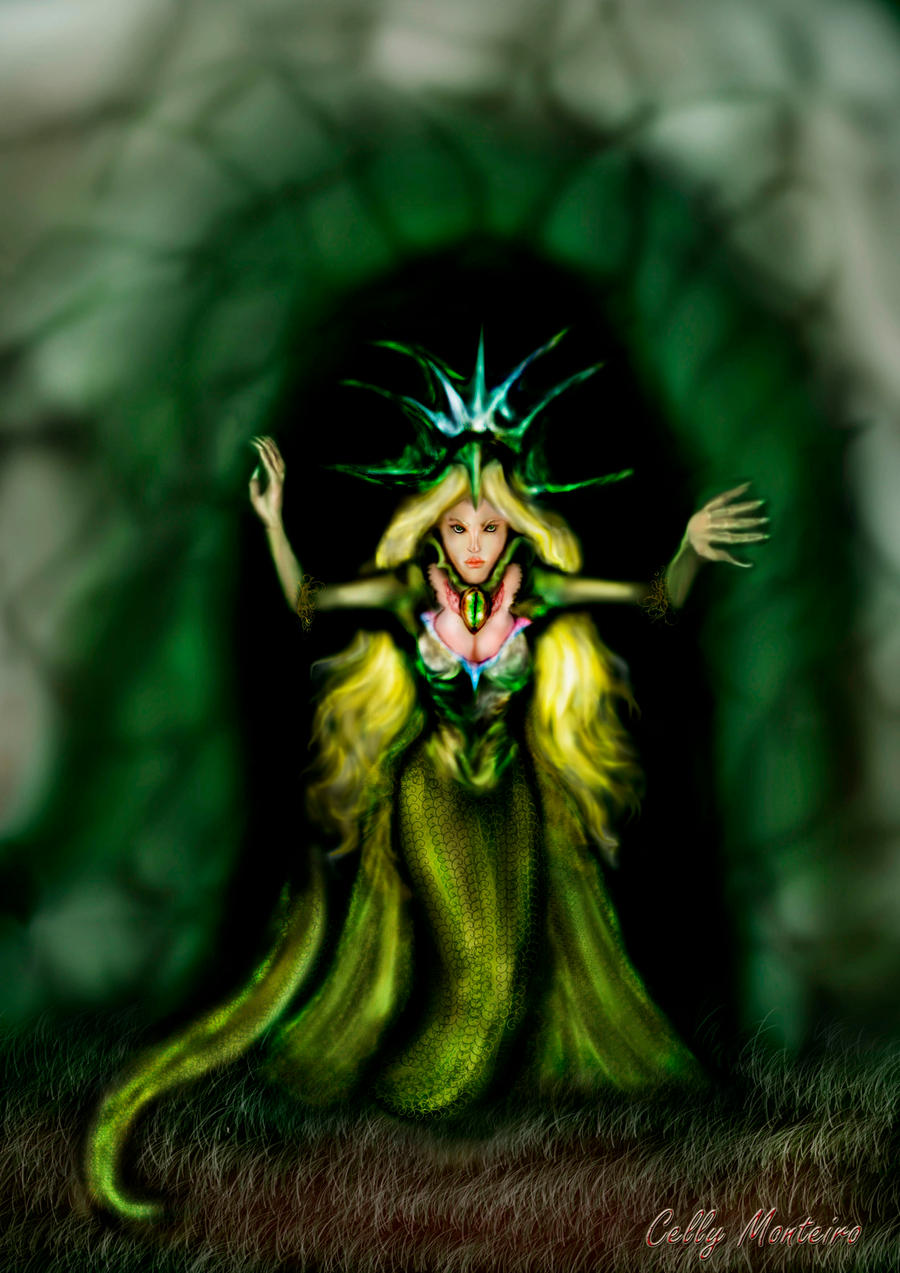
Echidna by CellyMonteiro on DeviantArt
Echidna: Greek Mythology's Mother of Monsters Echidna was one of Greek mythology's most famous monsters not for her own legends, but for those of her numerous offspring. Keep reading to learn all about the mother of Greece's most feared monsters! Mike Greenberg, PhD On the surface, Echidna played a relatively minor role in Greek mythology.